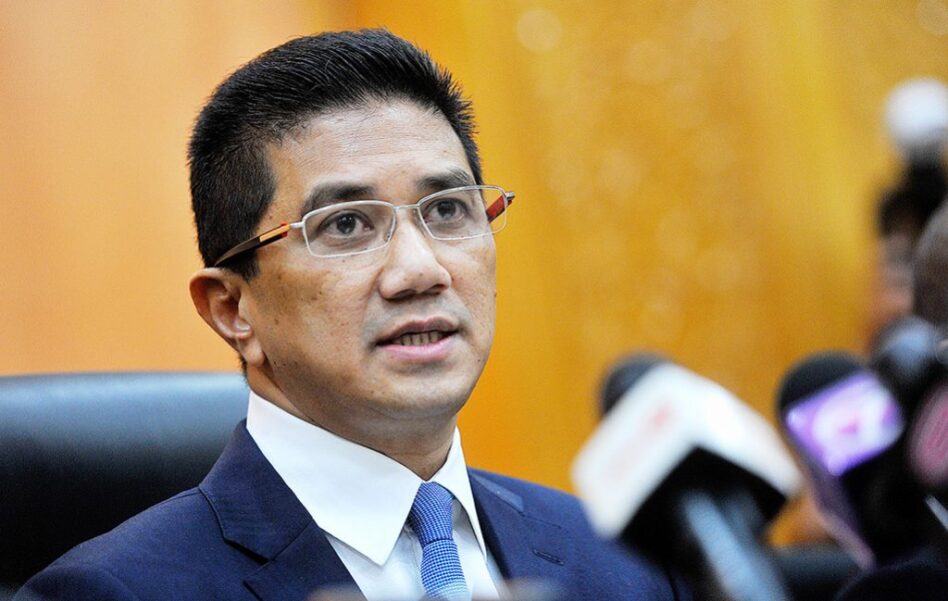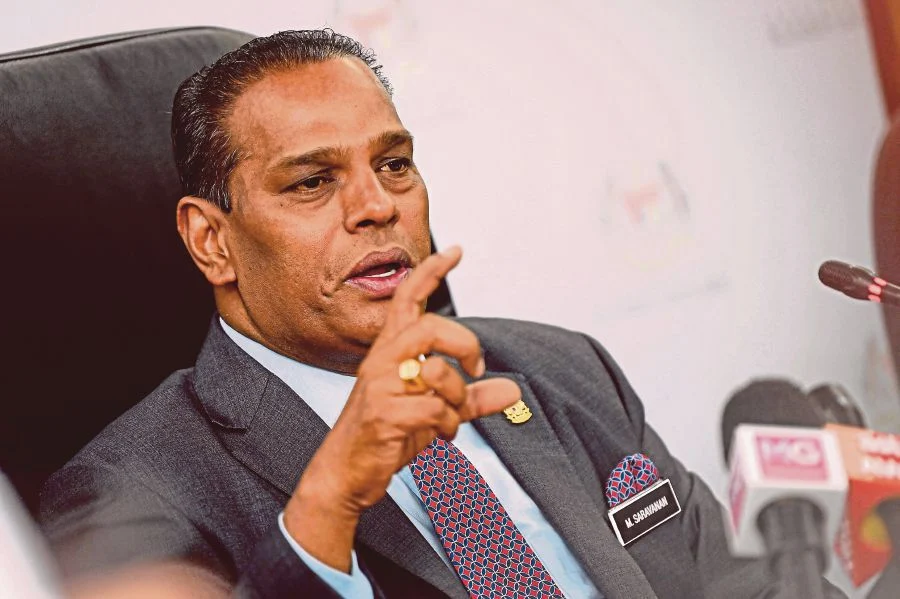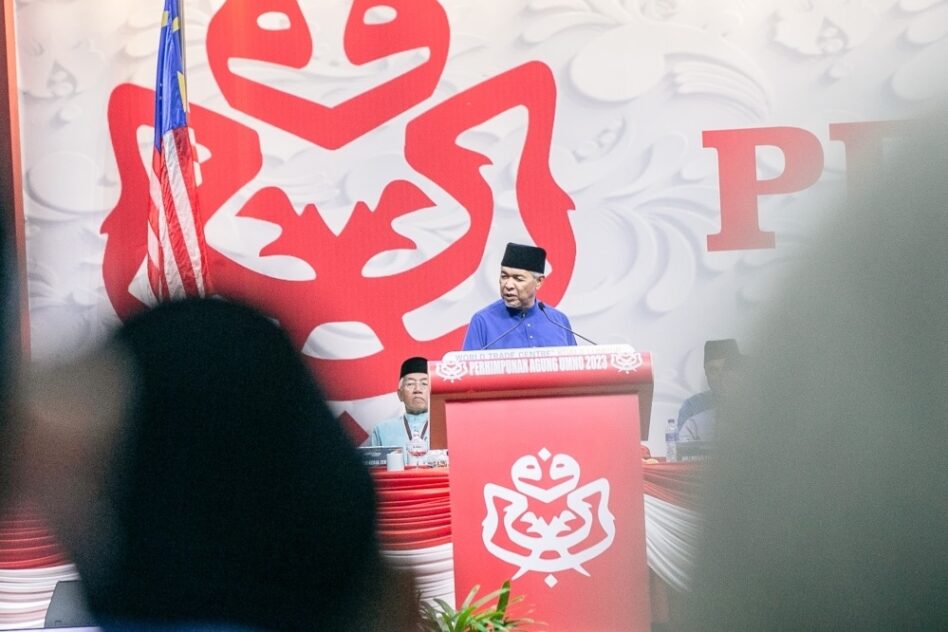YOUNGER workers in Malaysia suffer from an image stereotype of being “soft” and unable to “take hardship”.
They are seen, rightly or wrongly, as being a wee bit too pampered and quick to quit their jobs if told off.
But on the flipside, they are driven by meaningful work, entrepreneurship and are adept with technology.
We are talking about Gen Z, those born roughly between 1997 and 2012. Like it or not, they are the next generation workforce which will be poised for future leadership.
How can we understand this cohort of people to better manage their performance?
A study by the Chartered Management Institute (CMI) of the United Kingdom, found that managers under 35 will ask for flexible working hours or work from home arrangements.
If required to be at the office five days a week, they will request higher salaries.
“Millennials and Gen Z are quite clear about their priorities at work,” explained Anthony Painter, CMI UK’s director of policy. Millennials usually refers to those born between 1981 and 1996.
The latest data shows that if companies are not willing to meet the needs of Gen Z, the talented ones are likely to find their own path or even to start their own business.
“The entrepreneurial drive of Gen Z raises some challenges for companies today,” said Painter.
“They see it as a chance to build occupations that suit their lifestyle, not to adjust their lifestyle around their corporate careers.”
Salaries are still crucial but Gen Z places less emphasis on this compared to every other generation, according to a report entitled “Understanding Generation Z in the Workplace” by consulting firm Deloitte.
Thus, Gen Z have a 50-50 chance of opting for a more interesting and meaningful job with a lower salary rather than a boring one that pays better.
A 2023 survey of Gen Z and Millennials by Deloitte Southeast Asia, which included Malaysians, found that better work-life balance and mental wellbeing was a priority for them.
They are also concerned about the environment and the larger world so they prefer employers who can empower them to contribute meaningfully to society at large or to “make a difference” said the report.
“To win the hearts of Gen Z, companies and employers will need to demonstrate their commitment to a broader set of social challenges such as sustainability, climate change and hunger,” Deloitte noted in its report.
And these efforts must be serious, rather than mere lip service.
Jobstreet Malaysia managing director Vic Sithasanan pointed out that Gen Z is different from all other age groups and they “want it all”.
Their holistic expectations include good salaries, job flexibility, career advancement and purpose at work.
They want clear roadmaps for their career pathways with mentorship and guidance being important.
Gen Z grew up with technology and it’s crucial for employers to leverage digital tools. For one, this means flexible job arrangements to facilitate enhanced work-life balance.
Another aspect of technology, noted Vic, is to open up communication channels, seamless collaboration and feedback mechanisms.
A culture of transparent communication will boost employee engagement, satisfaction and retention. – Sept 27, 2024
Main image: HRM Asia









